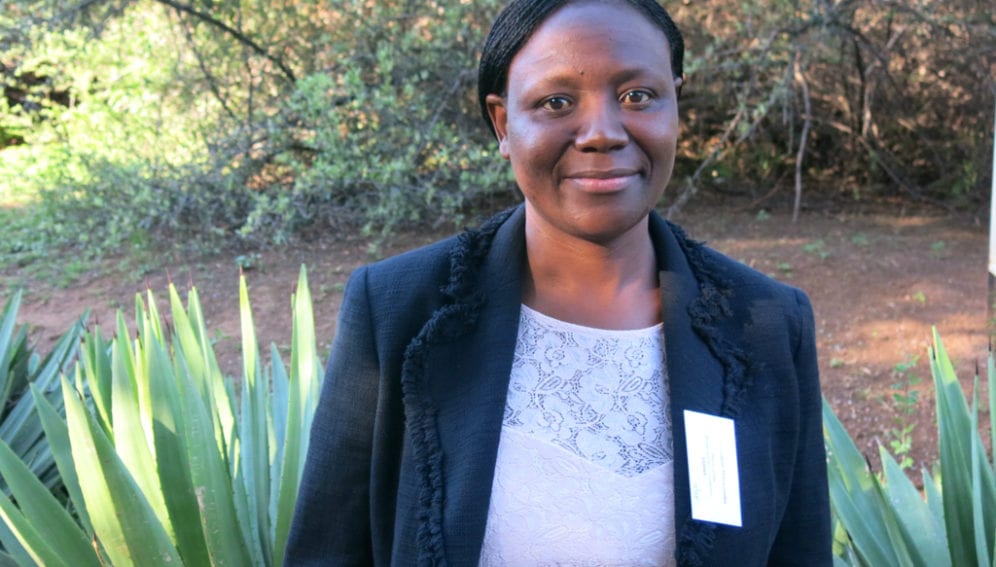By: Imogen Mathers
Send to a friend
The details you provide on this page will not be used to send unsolicited email, and will not be sold to a 3rd party. See privacy policy.
[JOHANNESBURG] The challenges facing doctoral education in Sub-Saharan Africa are diverse. Many of them relate to infrastructure and funding shortfalls: in the face of often meagre governmental support, universities can struggle to sustain PhD programmes, provide adequate student supervision or ensure student access to world-class equipment and resources.
Experts on doctoral programmes in Africa also point to a widespread failure to nurture interdisciplinary research and national, regional or pan-continental university networks, as well to an absence of data on how research links to and helps drive development.
Despite the challenges, many universities are now embracing opportunities to reshape doctoral programmes, including approaching new funding avenues — the private sector and African philanthropists, for example — and through the proliferating use of communication platforms for networking, research collaboration and online education.
In our new podcast series, ‘PhDs in Focus’, SciDev.Net puts the spotlight on some of the personal PhD stories behind the headlines. We will be interviewing PhD students and graduates about their routes through academia — the challenges they’ve overcome, their thinking on science-led development and how their careers fit into these wider debates. We will also be asking them for their suggestions for how doctoral programmes in Africa can expand and improve.
The series launches with an interview with Dr Sithabile Tirivarombo, a Zimbabwean water resource scientist who recently graduated with a PhD in water resource science from Rhodes University, South Africa.
In a wide-ranging discussion, Tirivarombo shares her thoughts on: the different obstacles and opportunities she has encountered on her path through higher education; Zimbabwe’s ‘brain drain’ problem and the impact of political instability on researchers; issues of gender equity in African universities; and how she sees her research contributing to science-led development in Southern Africa.
Tirivarombo’s doctoral programme was funded by RISE, the Regional Initiative in Science and Education, a network coordinated by the Science Initiative Group at the Institute for Advanced Study in Princeton, United States, and supported by grants from the Carnegie Corporation of New York.
So far, her education and research career have taken her from Zimbabwe to Ethiopia, South Africa, the United States and Botswana, where she is currently based at the Botswana International University of Science and Technology. But, as she describes in this interview, she hopes that the political and economic situation in Zimbabwe will eventually improve, enabling her to return home to share her expertise and experience with students and academics, and to help ensure the country’s public policy embraces and is shaped by rigorous scientific research.
This is part of the Africa’s PhD Renaissance series funded by the Carnegie Corporation of New York.














